Year 3/4 Mainstream
Celebrating Learning
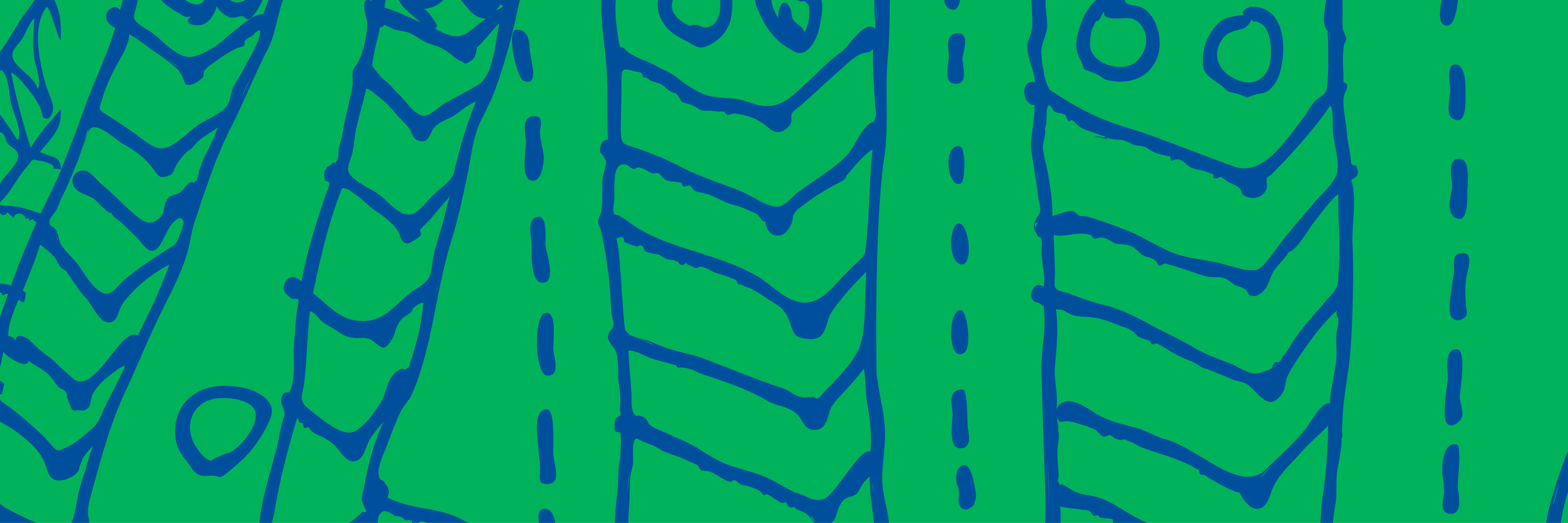
Year 3/4 Mainstream
Celebrating Learning
What we’ve been up to
Students have settled in well at the start of Term 2. The public holidays have provided us with an opportunity to hold rich class discussions about the meaning of ANZAC day, as well as cultural festivities such as Easter. Last Monday was Earth Day and this was a wonderful launch pad for our Unit Focus on Caring for Country. Thank you to those families who supported students with their holiday homework by collecting seeds. It was fantastic for students to share the interesting items and to use these to support their writing and our Unit Focus.
Maths
In Mathematics we have been exploring efficient mental and written strategies for solving addition and subtraction problems up to 3-digits. We began by looking at the Part-Whole Strategy as we made “Part-Whole Triangles” to investigate the relationship between a whole and its parts e.g. if the ‘parts’ are 9 & 8 the ‘whole’ is 16. We also used the “Bar Model” to make connections between the ‘parts’ and the ‘whole’.
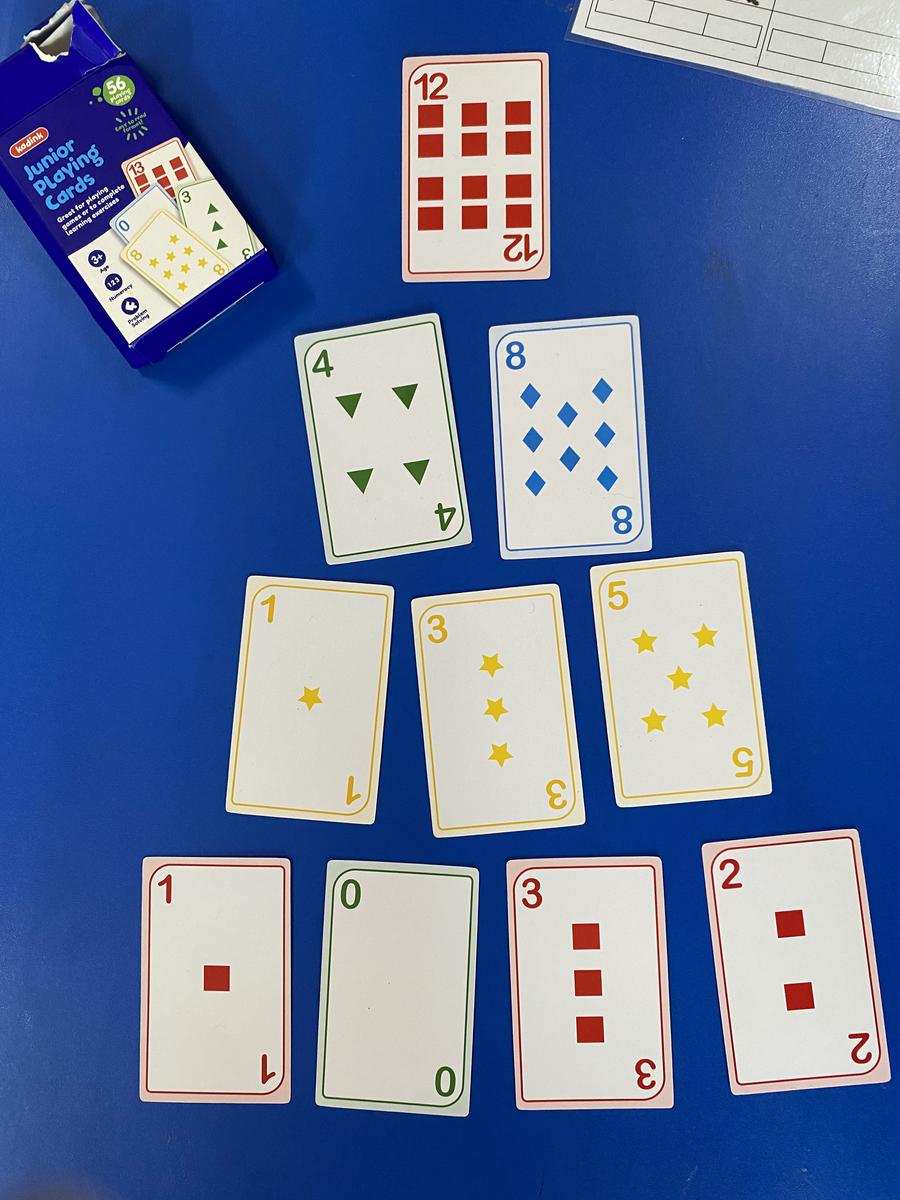
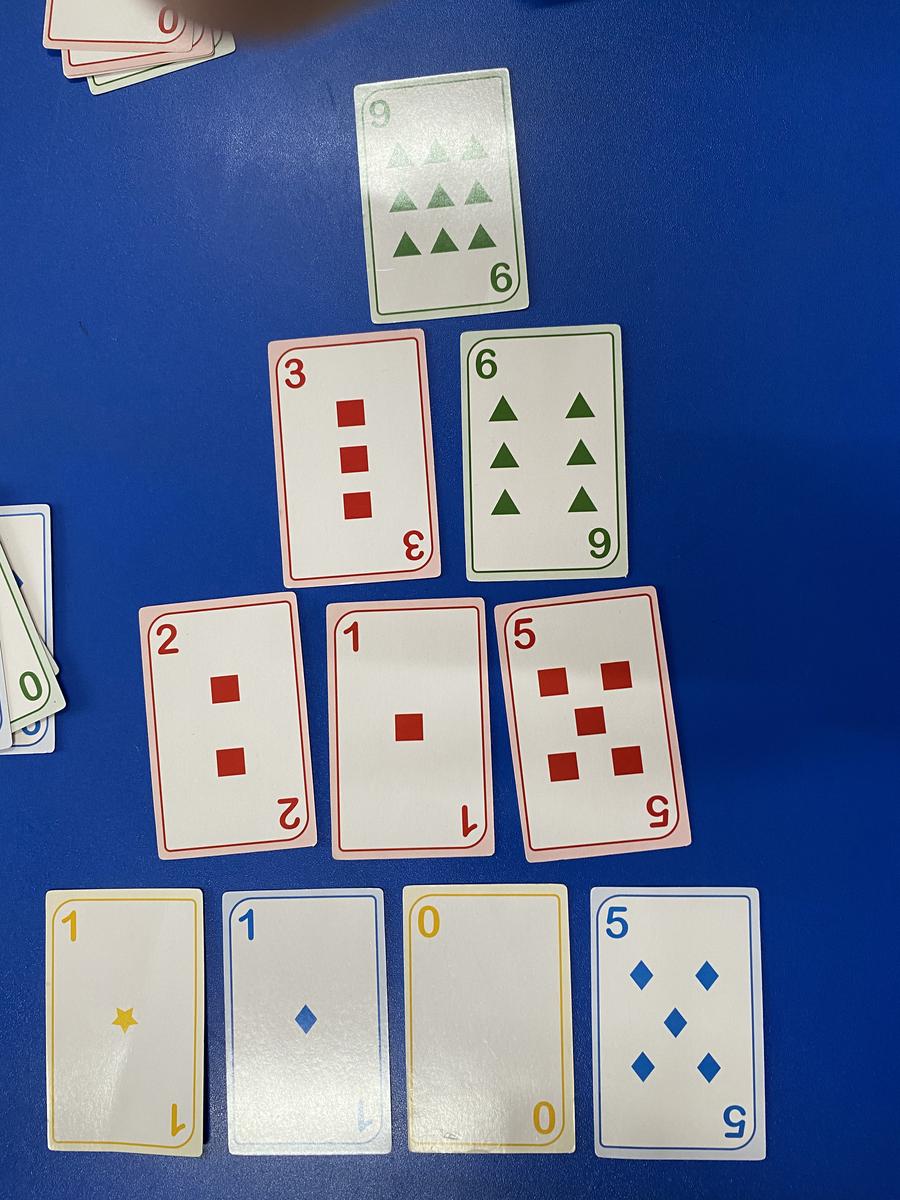


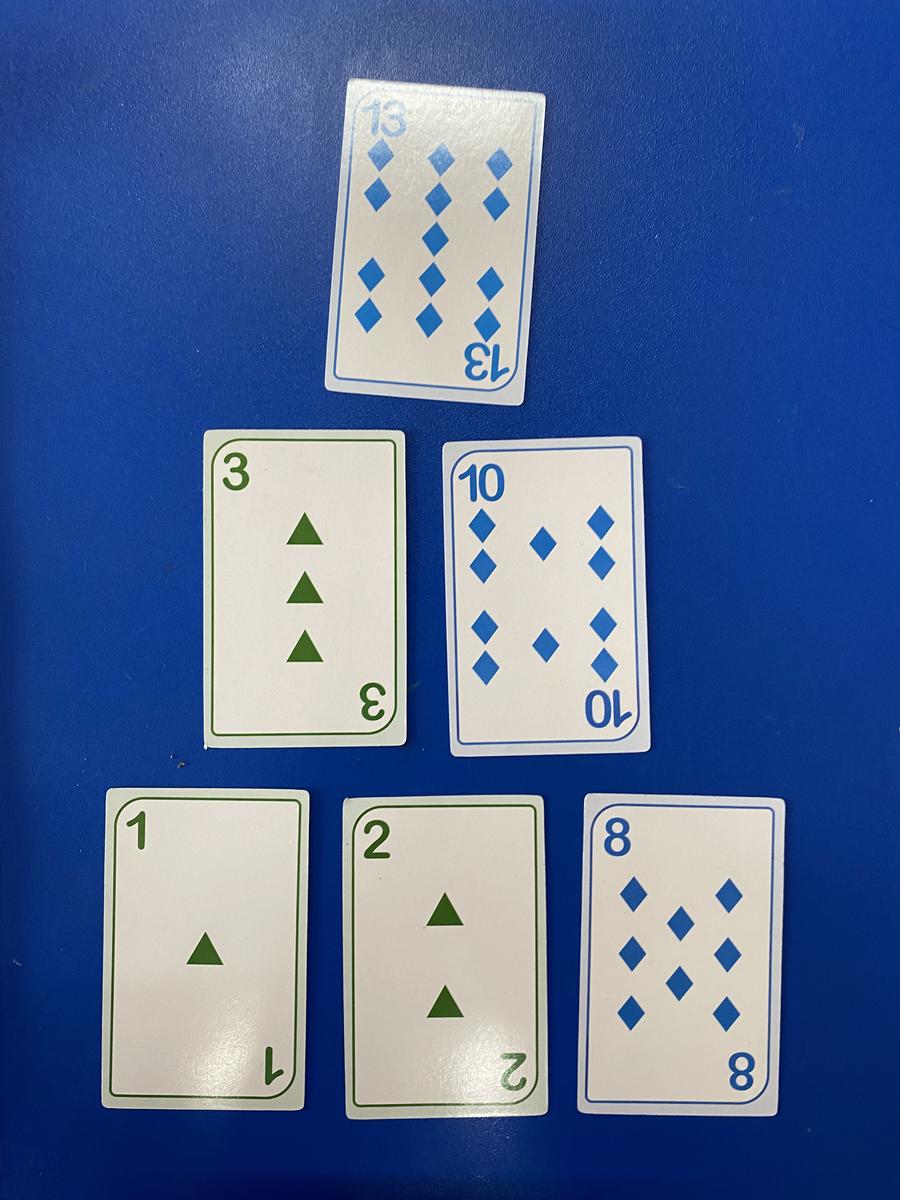
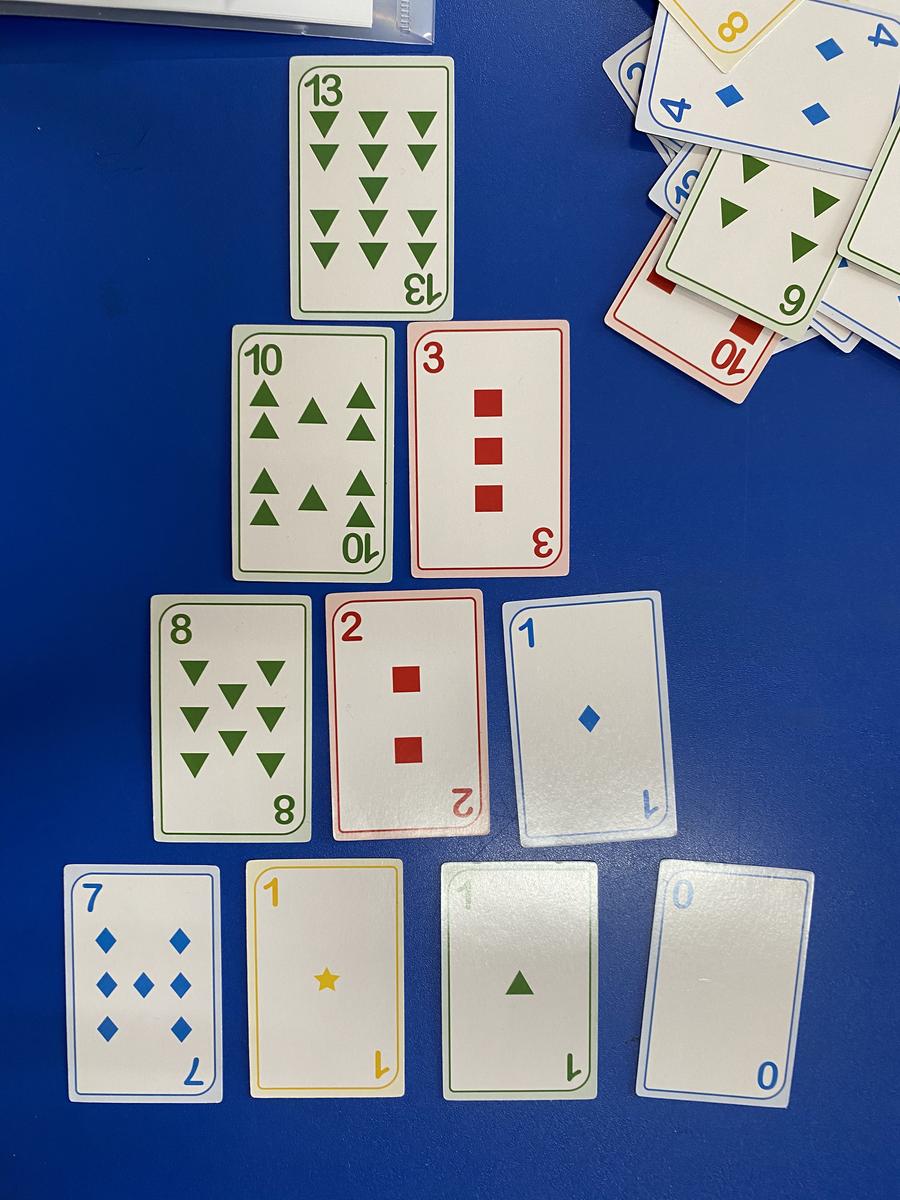


Students then moved onto other familiar and new strategies such as “Jump”, “Split” and “Compensation” to solve 2-digit addition and subtraction problems. We’ve also begun exploring “Vertical Algorithms” as an efficient strategy for solving addition and subtraction with larger numbers, and to build an understanding of partitioning as an efficient strategy. We played “Black Hole” to practise number facts to 20 through repeated addition of 1-digit numbers.
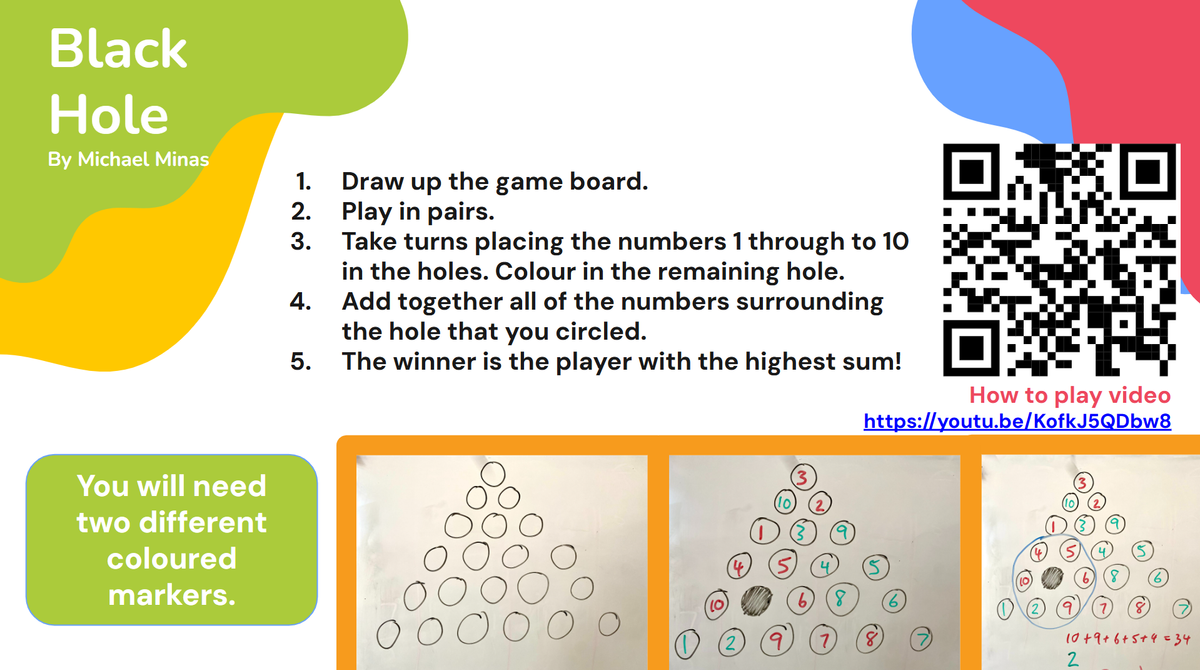

Literacy
In Reading, students continue to practise the four roles for Reciprocal Reading. We started this term by consolidating the role of the ‘Clarifier’; using online and physical dictionaries to make sense of words we don’t understand. More recently, we have been practising the role of ‘Questioner’, by learning how to ask THICK, open-ended questions that encourage others to think deeply about texts they read and hear. Next, we will focus on the role of the ‘Summariser’. Students will practise identifying and recording the main ideas and key words in a text. This will support their ability to verbally summarise different types of texts such as videos, written texts and slide show presentations. It is important in this ever-changing world that students are exposed to lots of different types of texts and to practise making sense of the information.
In Writing, students have been continuing to build up their Writer’s Notebook, which is a journal that contains ideas and inspiration for writing. Students are very welcome to bring in meaningful or inspiring items that can be glued into these books that will help them continue to be inspired writers. So far this term, we have been consolidating our knowledge of apostrophes in contractions (eg. can not = can’t). We have also been looking at different ways of starting sentences that are more engaging for a reader, for example, starting a sentence with an ‘-ing verb’. For example, “Screaming in pain, Samantha clutched her broken ankle.” Additionally, we have been learning about the structure and features of different types of non-fiction texts and using this to build knowledge when following the Writing Process.
What’s coming up:
Things families can talk about at home: